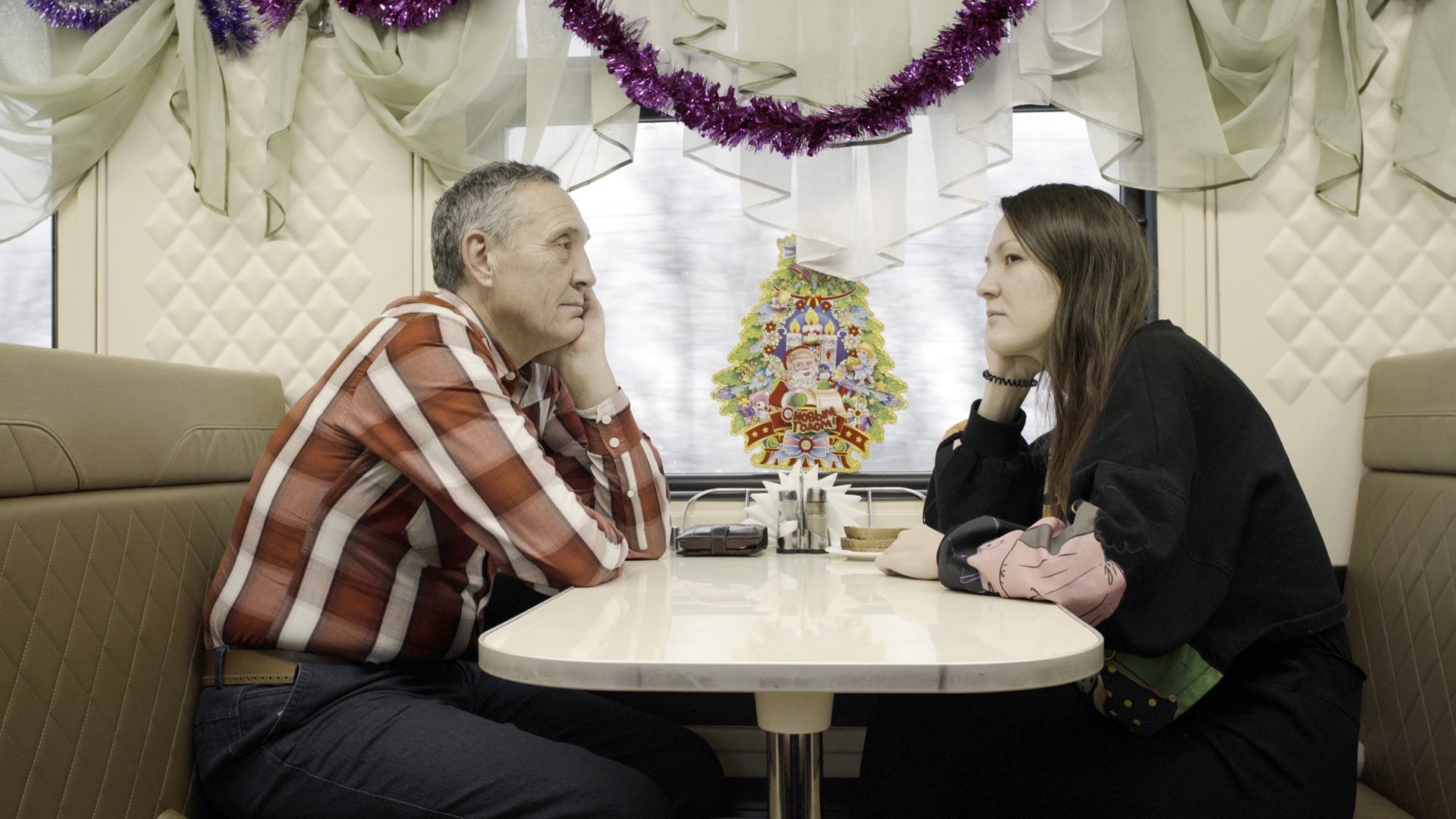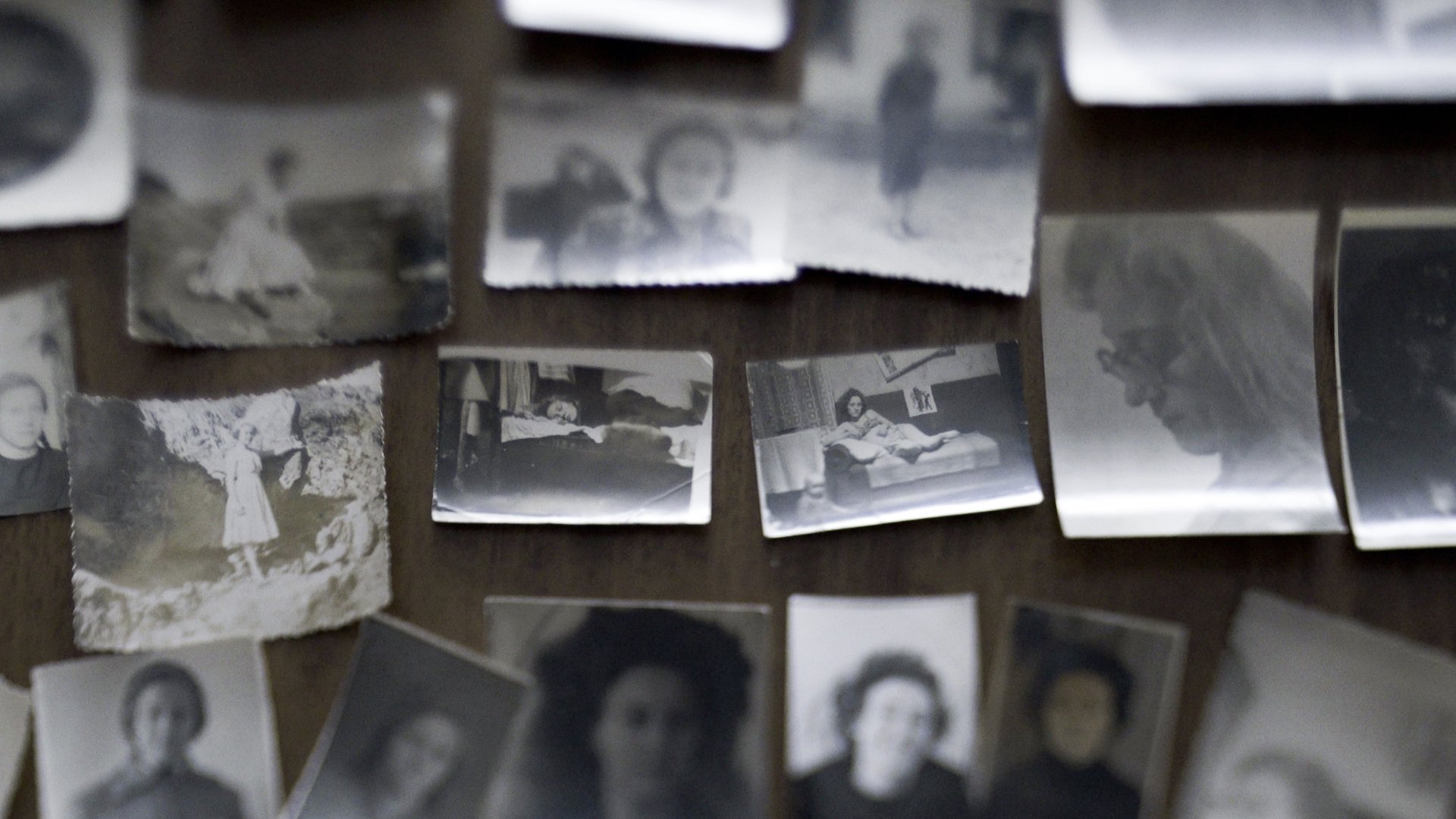
Last Letters From my Grandma
A film by Olga Lucovnicova
2025 | 90’ | IN PRODUCTION
With the urge to unravel a deep-rooted family secret, director Olga Lucovnicova travels to a remote Ural town. During her search and attempt to reconnect with the past, Russia started a war. Will the voices be silenced again?
CREDITS
Written & directed by Olga Lucovnicova
Co-producers Ada Solomon, Denis Vaslin, Virgiliu Margineanu
Edited by Patrick Minks
Produced by WHILE WE’RE HERE
in co-production with VRT-CANVAS (Be), VOLYA FILMS (NL), MICRO FILM (RO), OWH STUDIO (MD) and AL JAZEERA BALKANS
With the support from EURIMAGES, FLANDERS AUDIOVISUAL FUND, THE BELGAN FEDERAL GOVERNMENT TAX SHELTER empowered by FLANDERS TAX SHELTER, THE NETHERLANDS FILM FUND (NL), CNC ROMANIA, CNC MOLDOVA
TRAILER
OFFICIAL SELECTIONS
Pitched at Connext (2023)
Pitched at Al Jazeera Docu Days Sarajevo (2022)
Pitched at EastDoc Platform (2024)
Developed at Ex-Oriente (2021)
ABOUT THE DIRECTOR
Olga Lucovnicova (Moldova, 1991) is an award-winning documentary filmmaker and researcher in the field of audiovisual arts, currently based in Belgium. She is a winner of the Golden Bear at the 71st Berlin International Film Festival, the 35th European Film Academy Awards, and many others. As a filmmaker, Olga is particularly interested in stories that can generate social change and create a platform for discussion. Her filming style combines observational cinema with poetic elements, where the key factors are human emotions and feelings. Through her films, Olga seeks to push the viewer to critical thinking and reflection about our world. Olga graduated from the DocNomads Erasmus Mundus Joint Master's Degree in Documentary Directing and is currently working on her doctoral research project funded by the Flanders Research Foundation in Belgium. Her research interest lies in the intergenerational impact of Soviet cinema on memories and traumas of post-Soviet society, and she explores the power of first-person narration in addressing and contributing to the healing process of these complex issues.


























